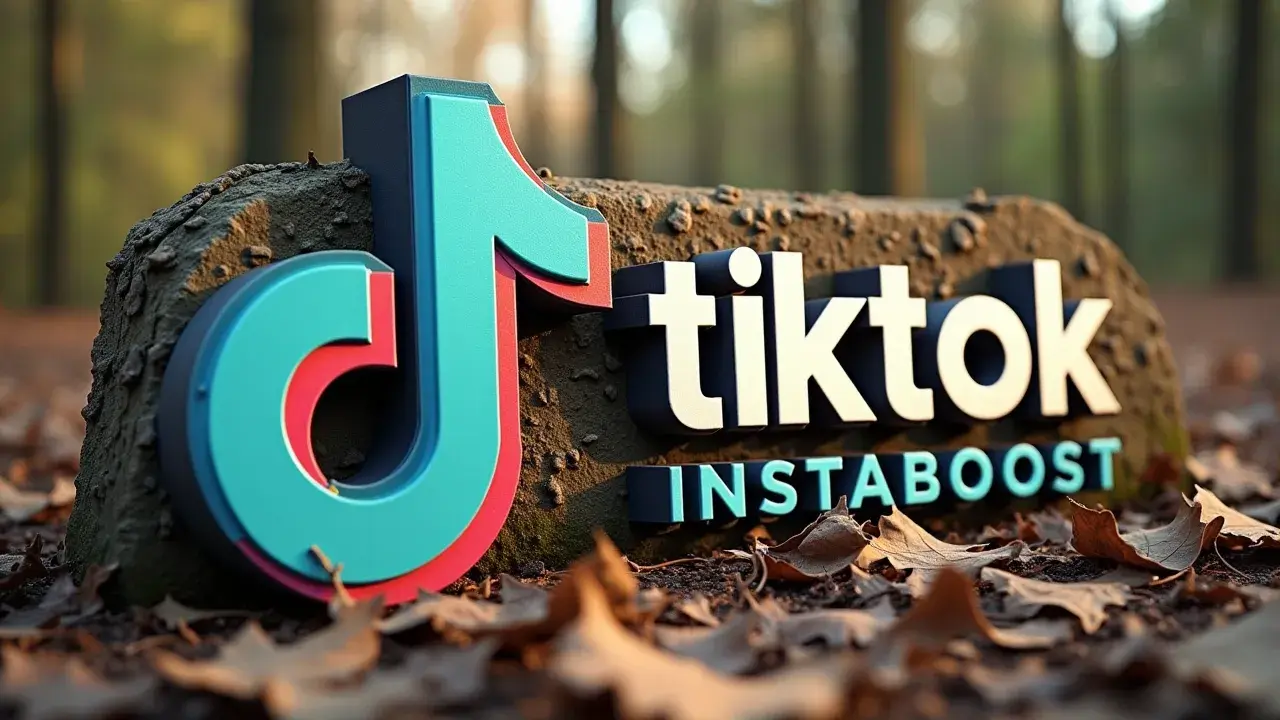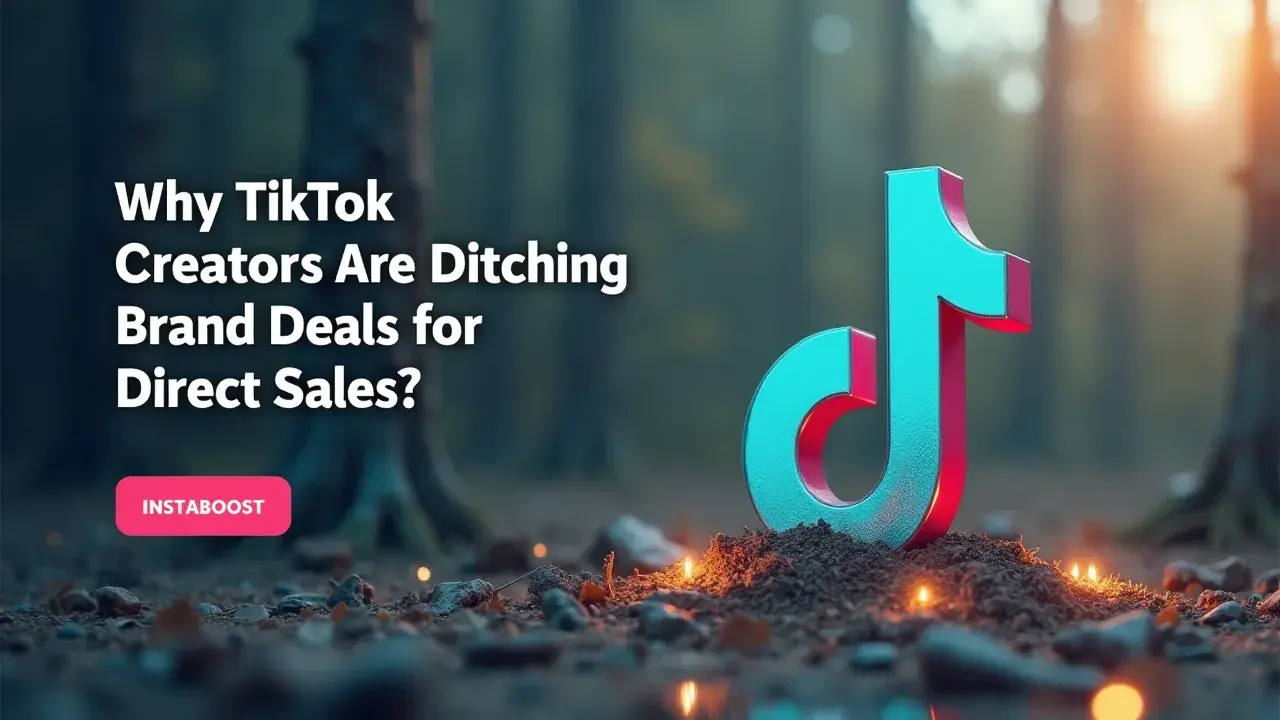Why Are TikTok Creators Shifting From Brand Deals To Direct Sales?
Creators are increasingly choosing direct sales to capture more control over revenue and audience relationships. This approach can offer higher margins, faster feedback loops, and greater flexibility than traditional brand deals. It also introduces risks such as fulfillment challenges, product-market fit, and reputational stakes if quality slips. When creators match products to their audience and manage operations well, direct sales can become a scalable, measurable path to sustainable influence.
A Shift in the Creator Economy: From Brand Deals to Direct Sales
Lately, it seems like TikTok creators are rethinking what it means to make a living online. For a while, the standard path was to get brand deals, post sponsored videos, and follow whatever guidelines came with them. There’s money there, but it can feel like giving up a lot of say in how you work – tight turnaround times, messages that don’t quite fit, having to adjust your style to match what a company expects.
More and more, I’m seeing people decide it’s not worth the hassle. Instead, they’re starting to sell things they made themselves – maybe art prints, digital guides, or even small-run clothing – directly through TikTok’s shop or by sending followers to their own websites. There’s a lot of talk about how hard it can be to get noticed on TikTok, so maybe that’s part of why creators are turning toward what feels more personal and direct. It’s not just about making more money, though that helps.
There’s something different about choosing what you offer, setting your own pace, and seeing people respond directly to what you put out there. It can feel less like running someone else’s errands and more like building something of your own.
And when you’re not filtering everything for a sponsor, it’s easier to talk honestly with fans, which matters a lot when so much online feels temporary. As this way of doing things picks up, it’s making both creators and brands stop and reconsider where they fit. The whole thing feels a little unsettled, like everyone’s watching to see what comes next.
And when you’re not filtering everything for a sponsor, it’s easier to talk honestly with fans, which matters a lot when so much online feels temporary. As this way of doing things picks up, it’s making both creators and brands stop and reconsider where they fit. The whole thing feels a little unsettled, like everyone’s watching to see what comes next.

How Direct Sales Boost Creator Credibility
When TikTok creators moved away from chasing brand deals and started offering their own products or digital services, the effect wasn’t exactly what I expected. It wasn’t always about a sudden boost in income – it had more to do with trust. People could sense when the creator was being genuine, talking about something they actually cared about instead of reciting a brand’s message. This was especially true when creators sold things they’d made themselves, whether it was an e-book, an online course, or a small batch of merch. Followers paid more attention, sometimes even started to see themselves as part of a close group, and conversations in the comments felt more real.
There’s a certain openness when someone explains the story behind their new product, or what made them choose a particular tool for their own business, like INSTABOOST – not unlike stumbling across a steady TikTok growth service that actually feels transparent about what it offers. That kind of sharing lands differently than a regular ad does. More and more, it seems like people want to feel that their attention matters, that they’re not just another number in an audience. So as creators try out direct sales and look for ways to build trust, “direct sales for creators” keeps popping up in searches. Maybe it’s less about selling and more about figuring out what it really means to connect.
The Calculated Risks of Going Solo
Building a sustainable strategy isn’t as straightforward as it sometimes looks. For TikTok creators trying to figure out whether to shift from working with brands to selling their own products, it’s less about swapping one paycheck for another and more about taking a hard look at how each path actually works. Brand partnerships can feel safer, since they usually come with steady income and clear terms, which makes everything a bit more predictable.
But there’s a tradeoff: these deals can end up shaping what you make, and people can tell when something feels off or too sponsored. On the other hand, launching your own products means you have a lot more say in what you’re offering and how you talk about it. That can feel more honest, and sometimes it really does line up better with what your audience wants.
But it’s not exactly a shortcut. Setting up an online store, handling questions, figuring out shipping – these things take time, and a big following doesn’t guarantee your products will sell. The creators who seem to figure this out don’t cut ties with brands all at once, and they don’t rush into selling something new. They roll things out slowly, pay attention to what actually connects, and use data from tools like INSTABOOST or their Shopify dashboard to adjust along the way – sometimes even tracking things like engagement rates or support growth with TikTok likes if it helps clarify what’s working. Staying open to trying new things and changing course as needed seems to matter more than sticking to one approach. When TikTok changes how things work, or brands shift their focus, the people who’ve been willing to test and tweak what they do tend to handle those changes a little better.
The Myth of Instant Independence
I find myself thinking about how putting things out into the world online can feel kind of invisible, even when you’re doing everything right. There’s this expectation that if creators stop doing brand deals and start selling their own stuff on TikTok, things will open up – they’ll have more control or finally get ahead. But it usually isn’t that simple.
Those stories about sudden success are outliers. When creators move away from sponsored content and start selling their own merch or digital products, they often find themselves facing different problems. There’s the headache of figuring out shipping, inventory, or customer complaints.
Then there’s the pressure to constantly talk about your own work and keep people interested, which can be much more draining than doing a sponsored post with a script and a deadline. It’s true, you get to call the shots, but you also have to do everything, from the first idea to making sure someone actually gets what they paid for. The TikTok algorithm doesn’t seem to care that you’re independent, either – sometimes your videos get seen, sometimes they disappear, and it’s hard to tell why. I’ve even seen people mention how tricky it is to grab attention with TikTok views, no matter what kind of content they’re putting out.
Selling directly can sound like a way to be more authentic, but a lot of the time, it means more work and more uncertainty. Some people miss the structure and support they had with brands, even if they thought they’d be glad to leave it behind. There’s always this hope that being in charge will mean more freedom, but sometimes it feels more like spinning your wheels, trying to get noticed.
The Real Test: Building a Brand That Lasts
If you’re a TikTok creator thinking about moving from brand deals to selling your own products, there’s more to it than chasing a big payday from a single viral hit. The real value is in building something steady that outlasts whatever’s trending that month. Social media might give the impression that switching from posting sponsored videos to launching your own merch or digital classes is straightforward, but it’s a different kind of work.
Direct sales mean you need to get comfortable with inventory spreadsheets, shipping labels, and fielding questions from customers who might be frustrated or confused. You have to keep up with the way the TikTok algorithm shifts, too, which always seems to come at the worst time. It’s a good feeling to have control over what you do and what you offer, but it’s also riskier – if sales dip or a new idea doesn’t catch on, there isn’t a brand contract to fall back on.
Even if you use tools to expand TikTok post visibility, there’s only so much they can do. They won’t turn casual viewers into people who actually care about what you’re making. If you want to keep going for the long haul, you end up needing to learn how to turn quick reactions and likes into genuine interest. The lines between creator, small business owner, and entertainer are definitely starting to blur. The ones who seem to succeed are the ones who treat direct selling as something to get good at over time, not as an easy switch or a short-term fix. It’s less about giving up on brand deals and more about seeing if your own brand can hold up when it’s just you.




